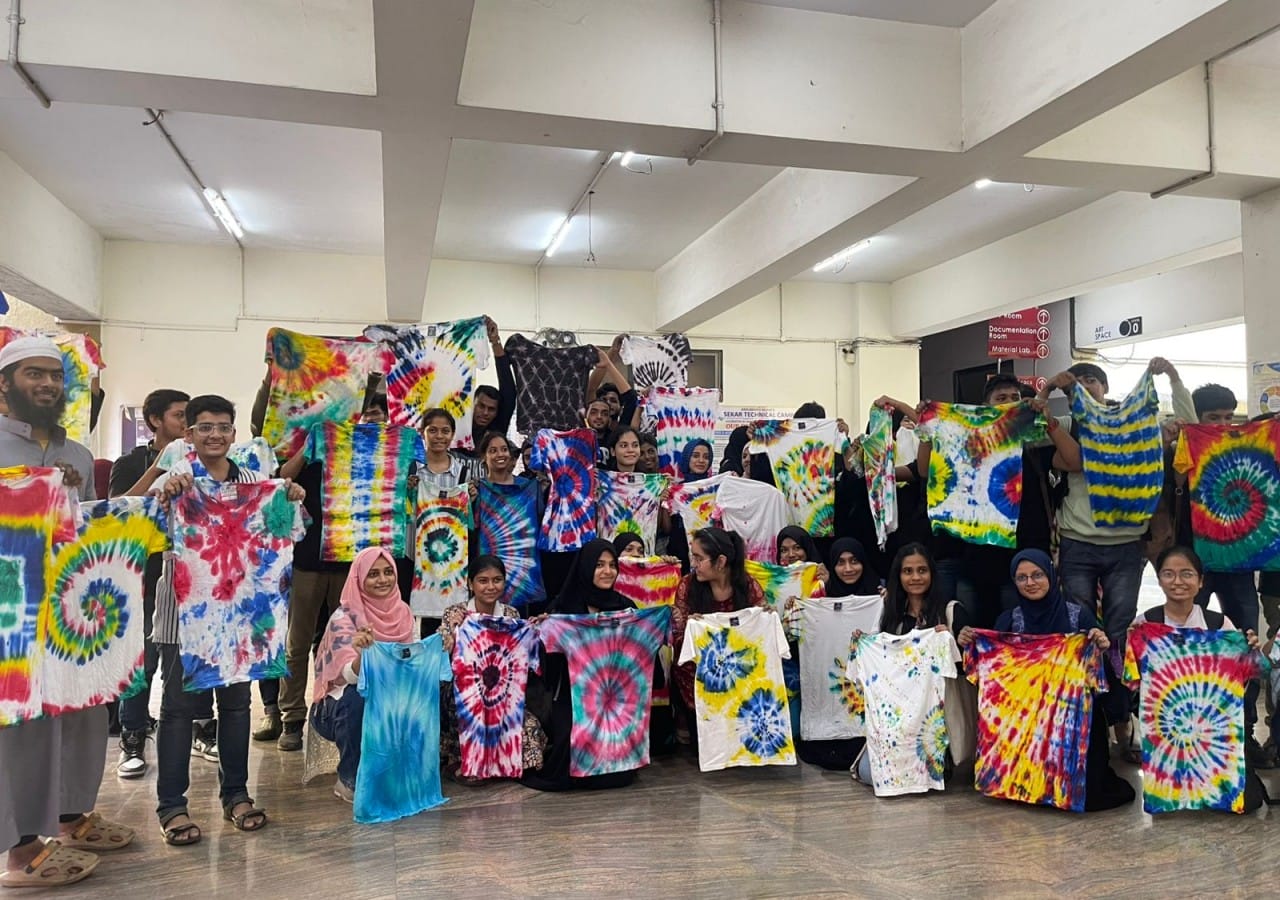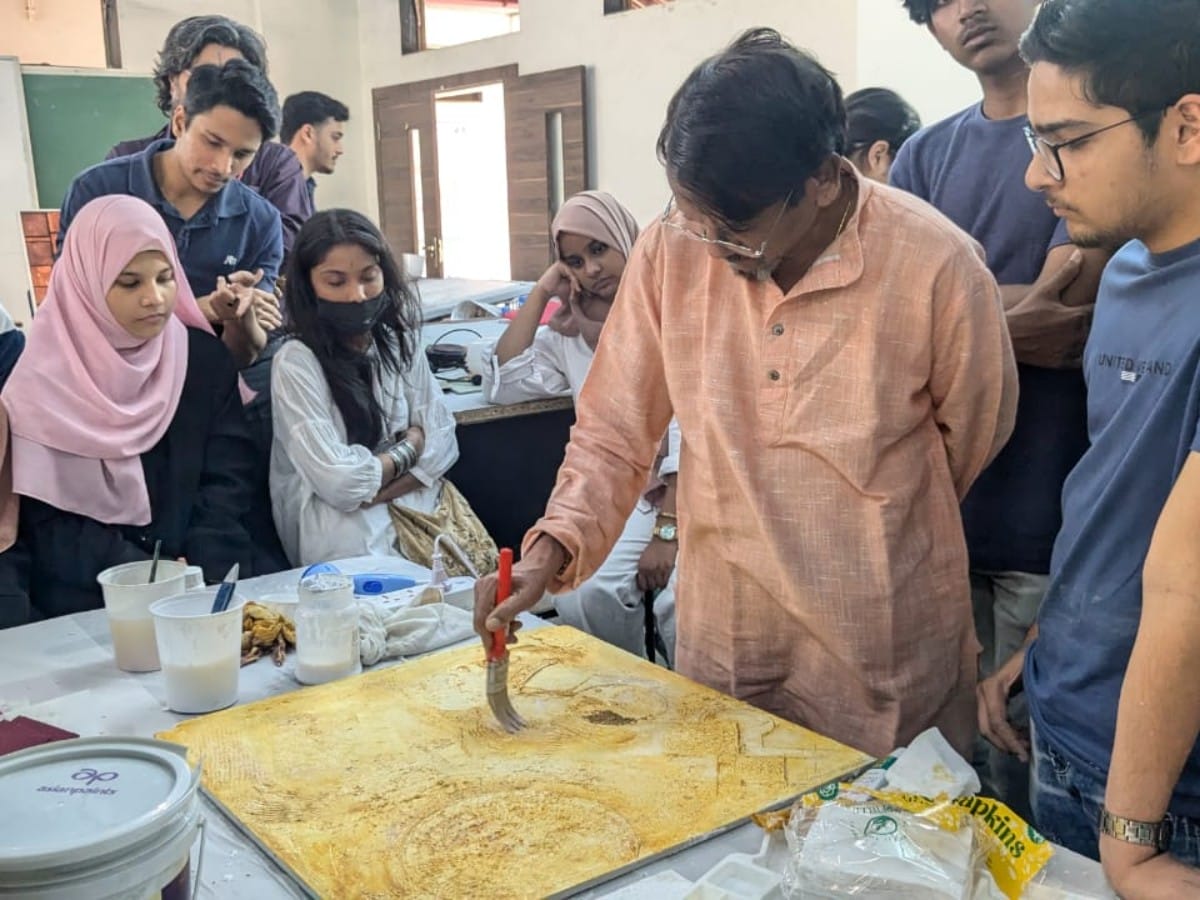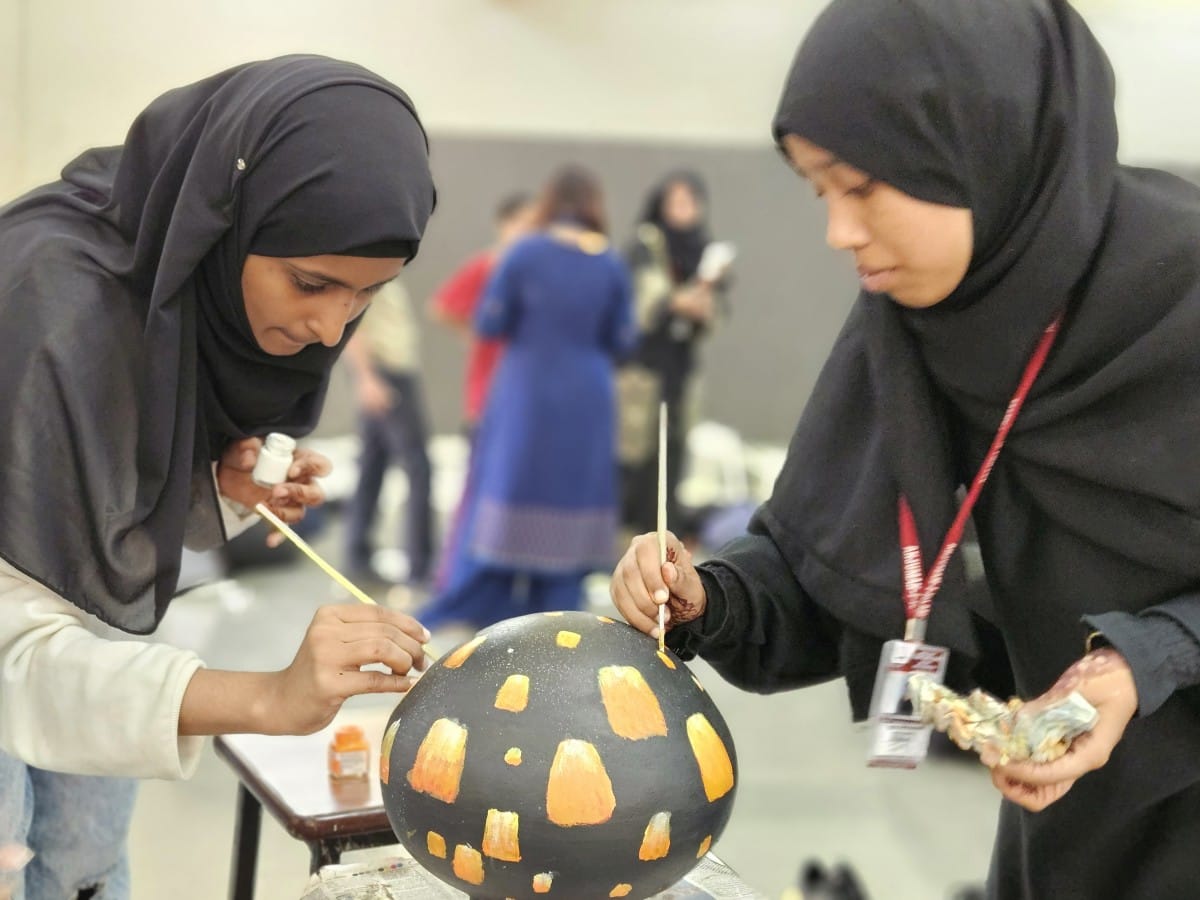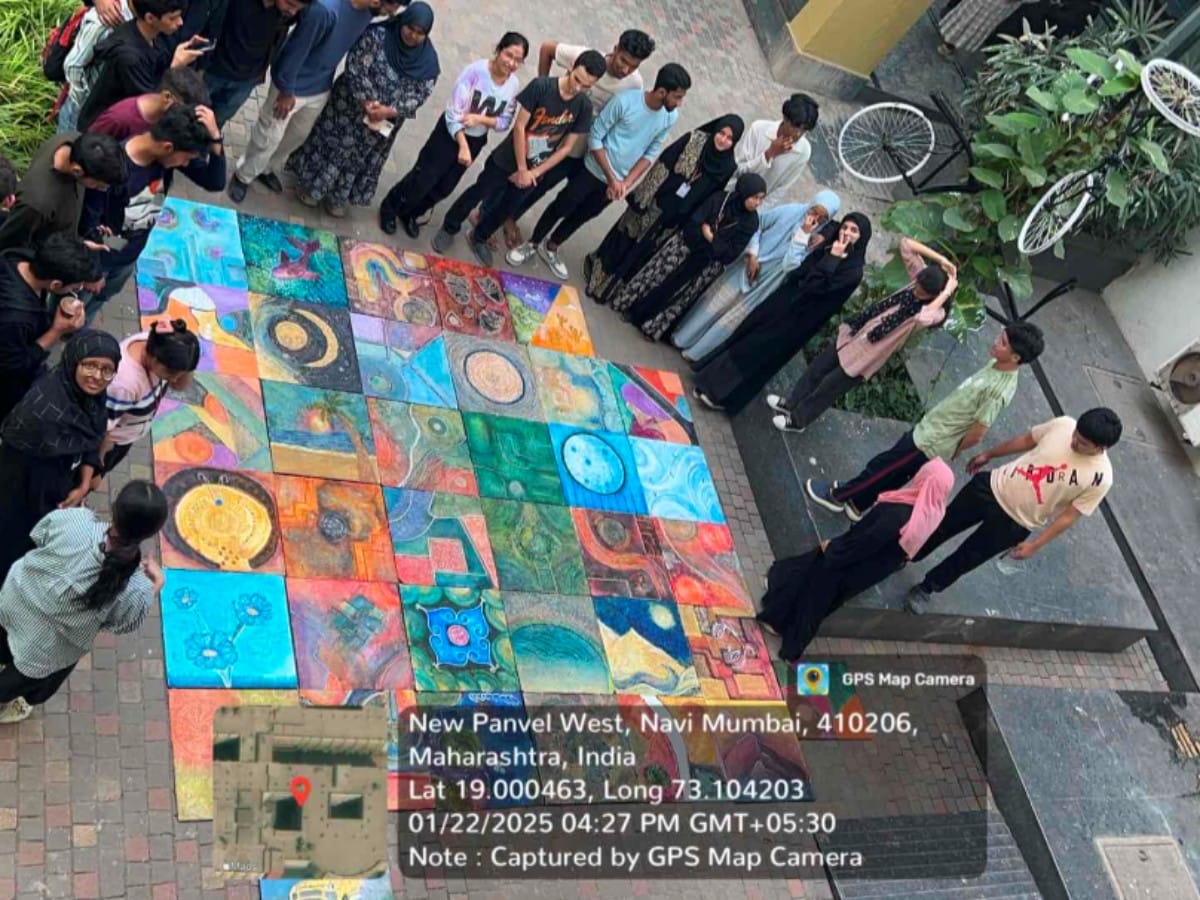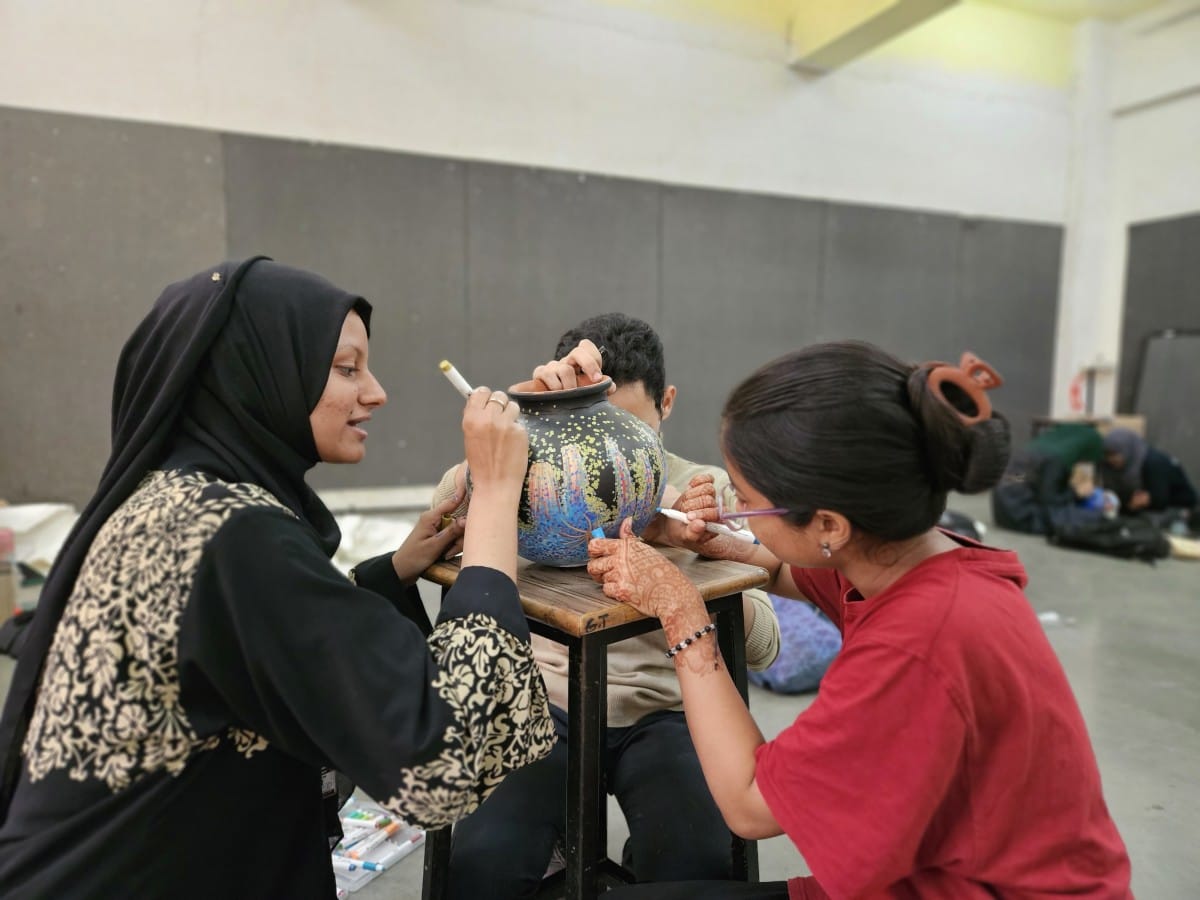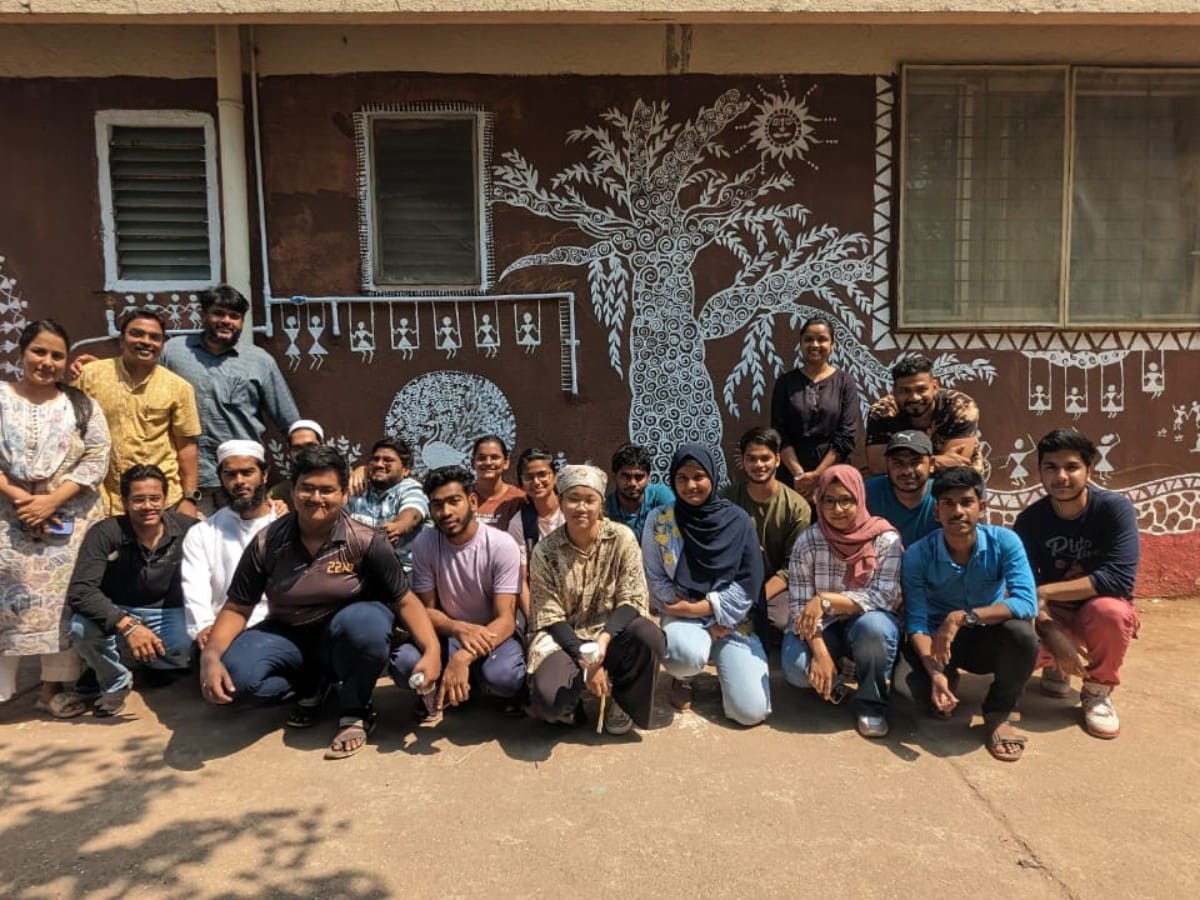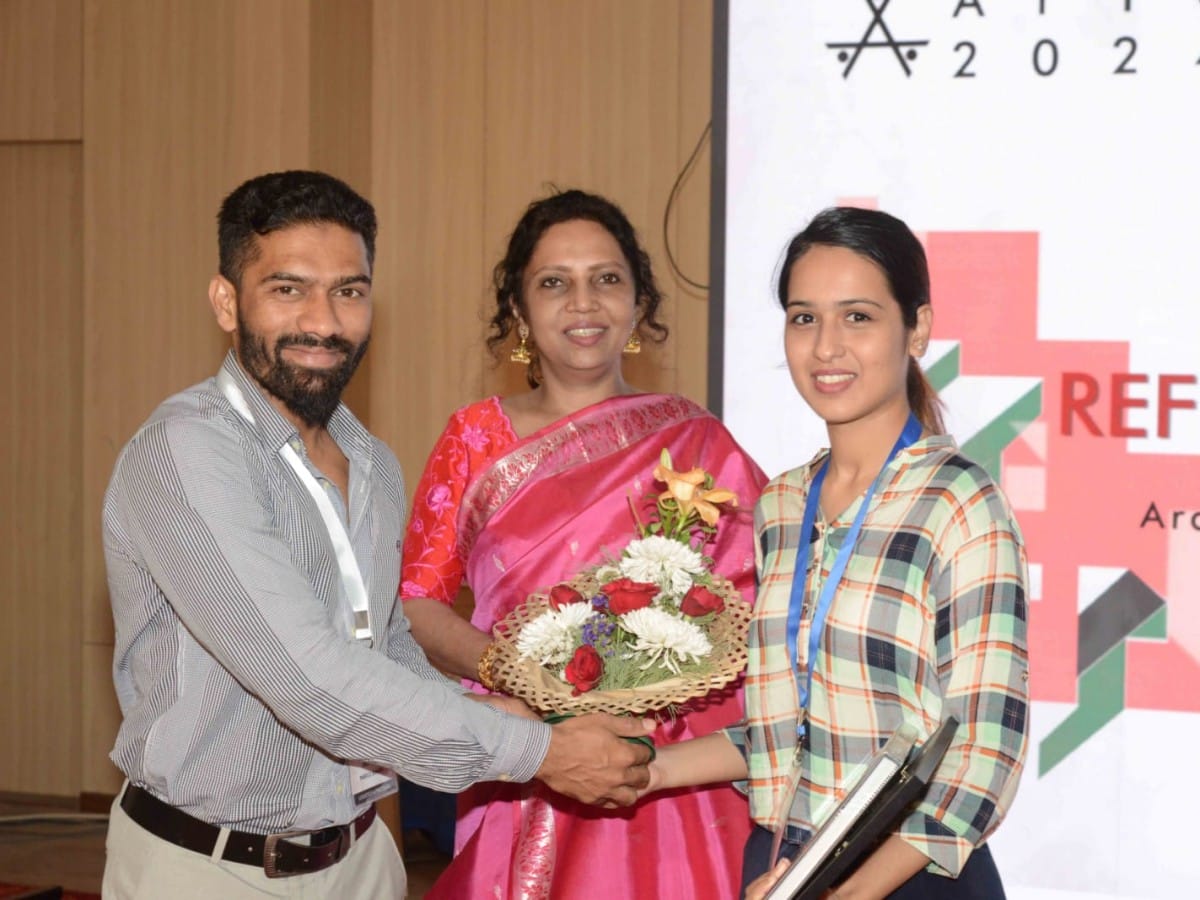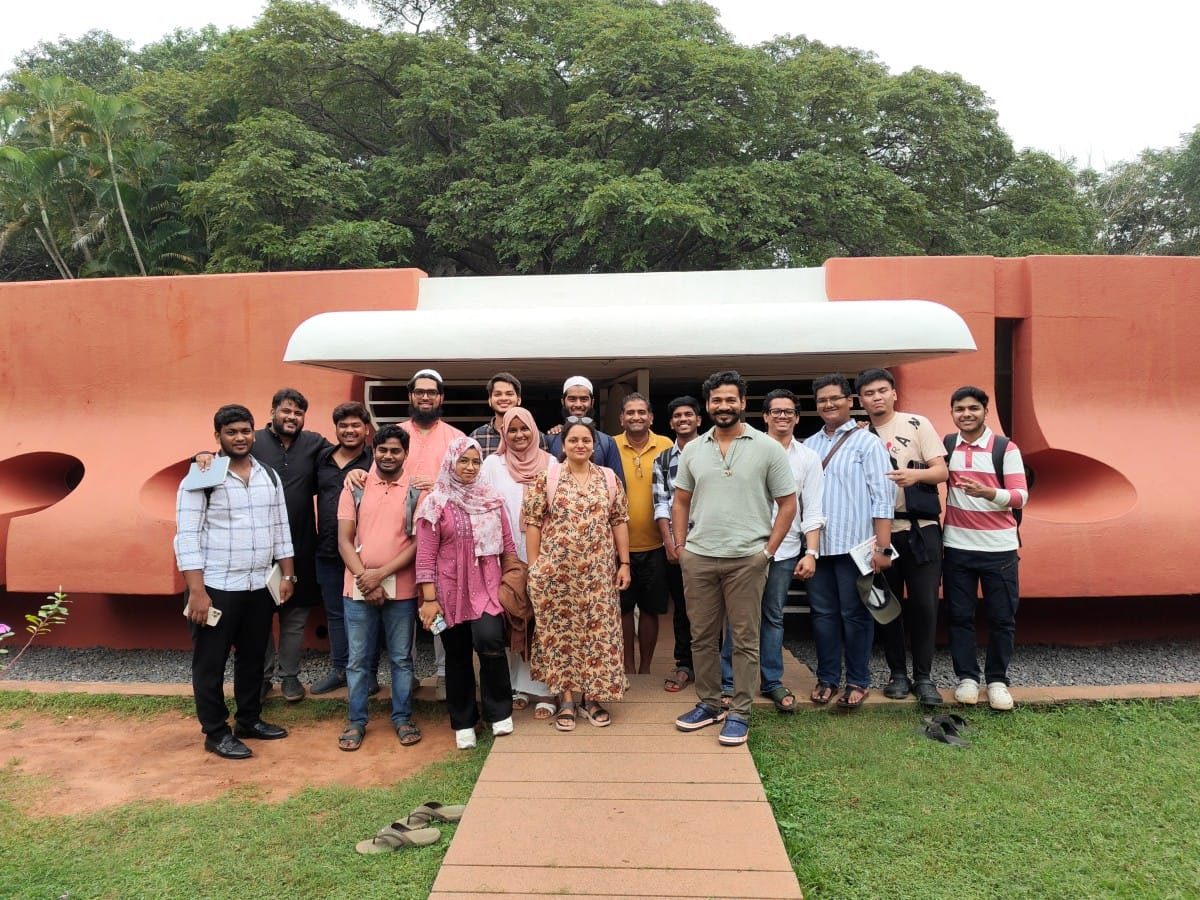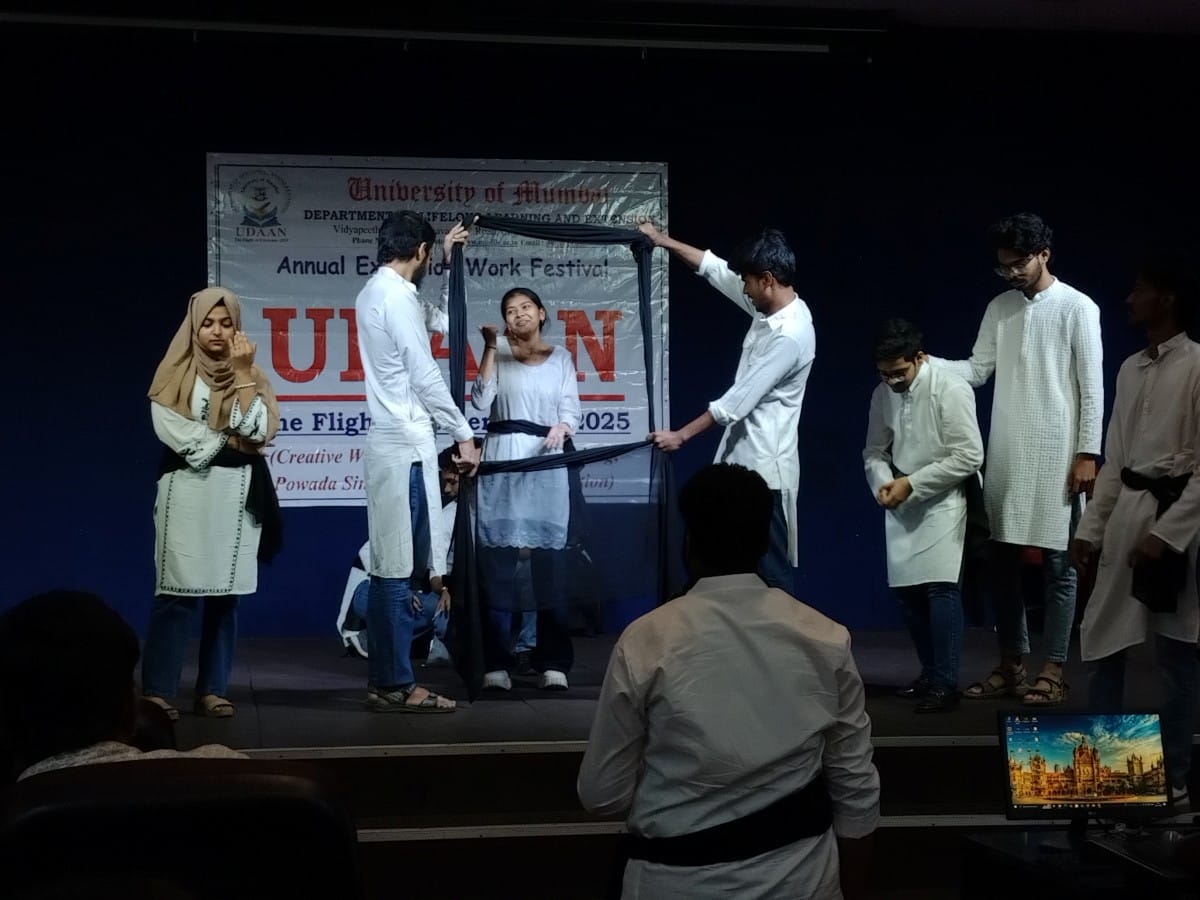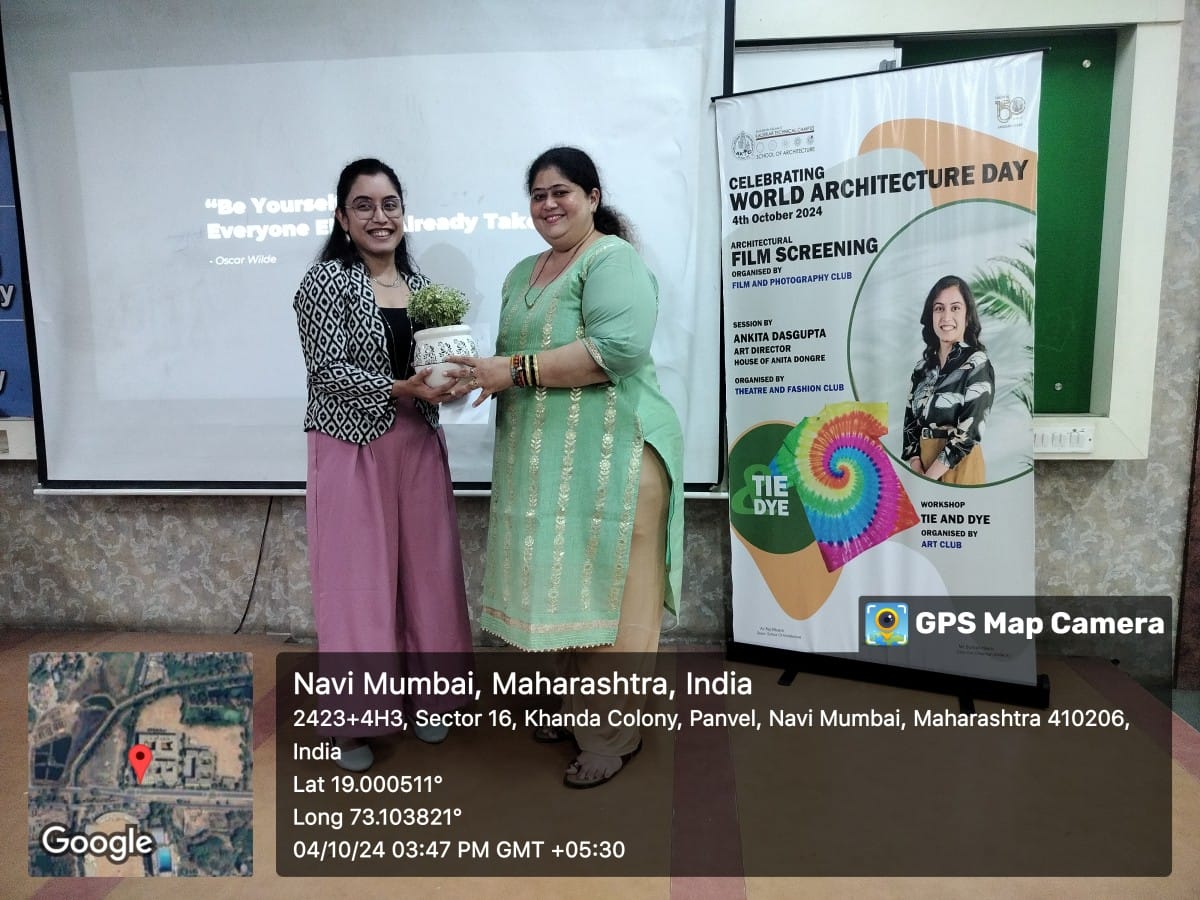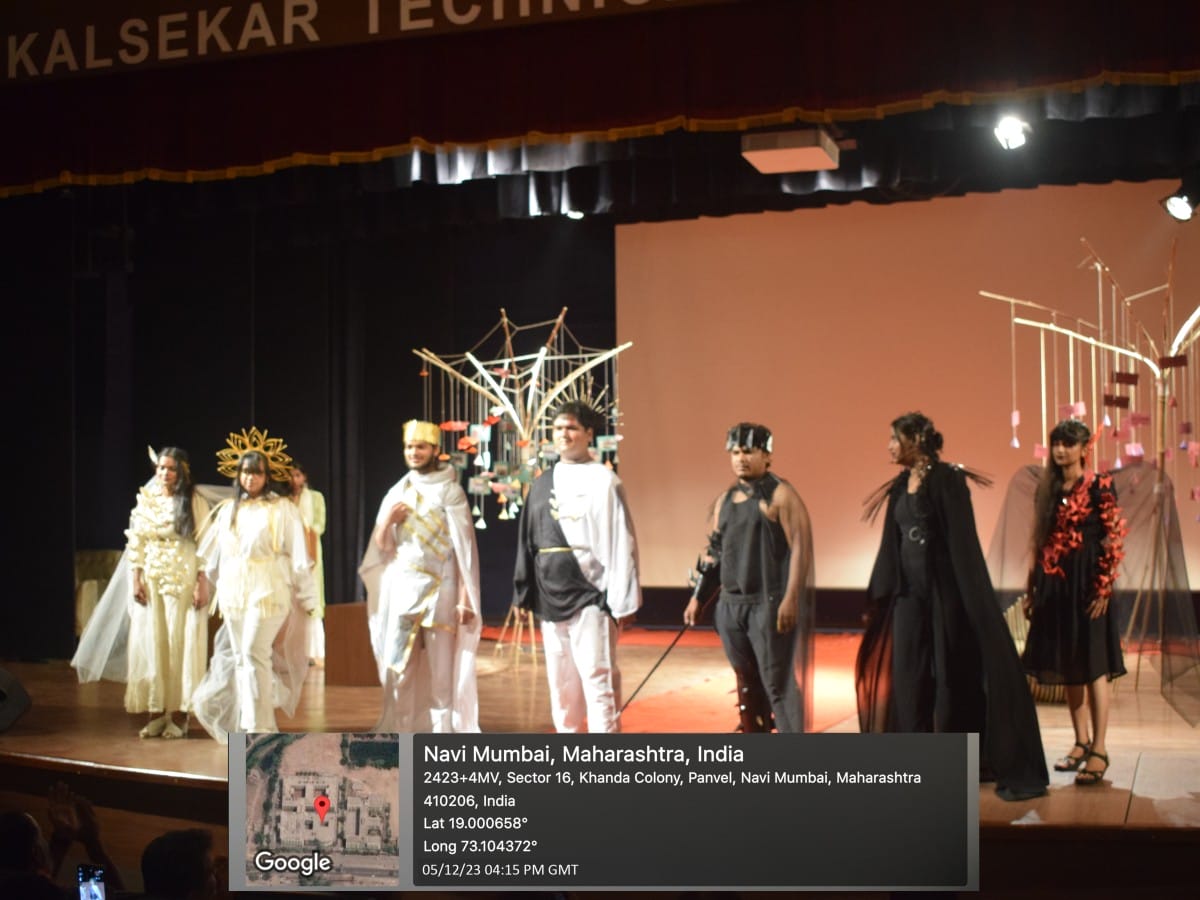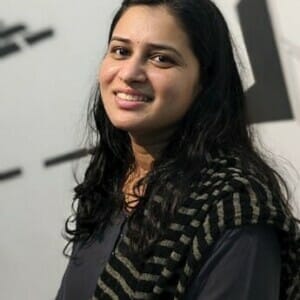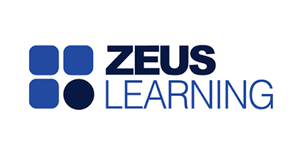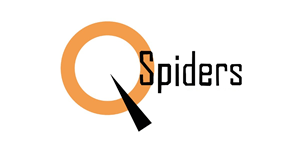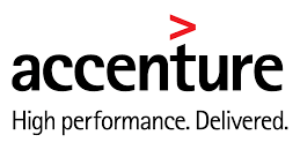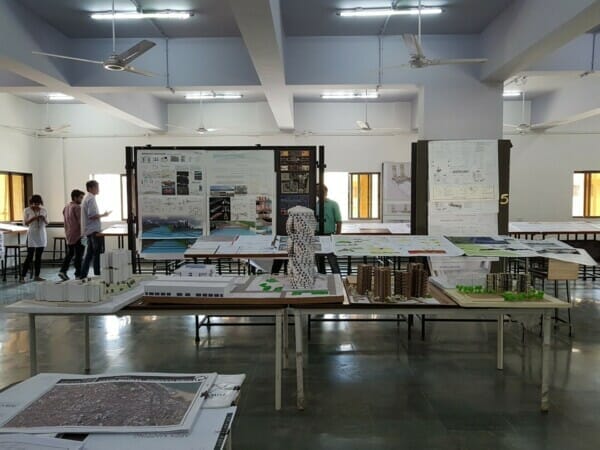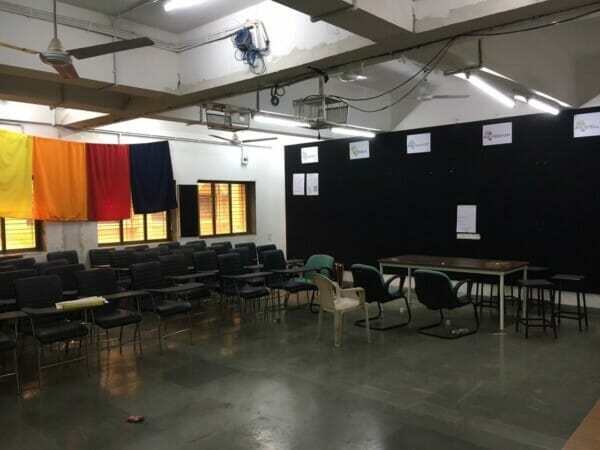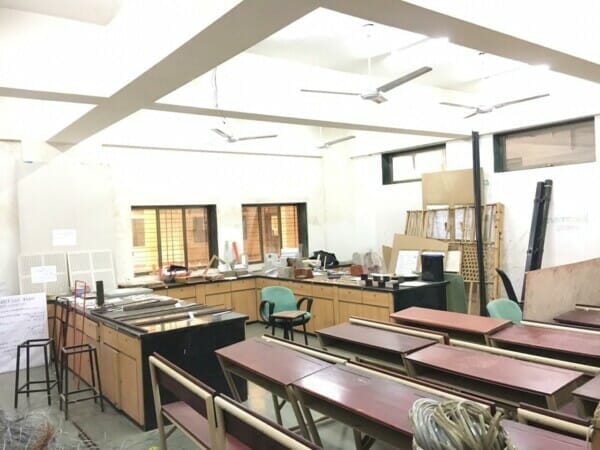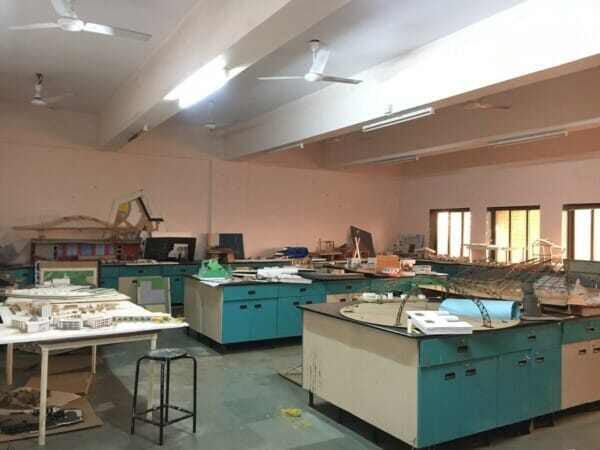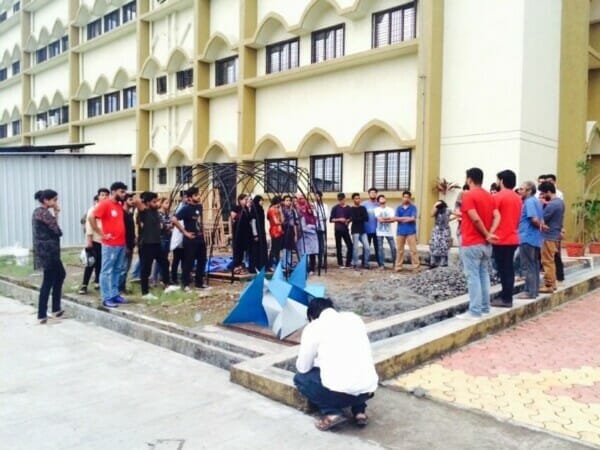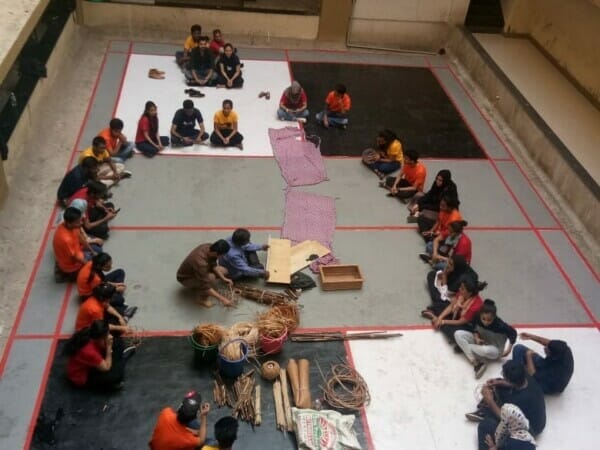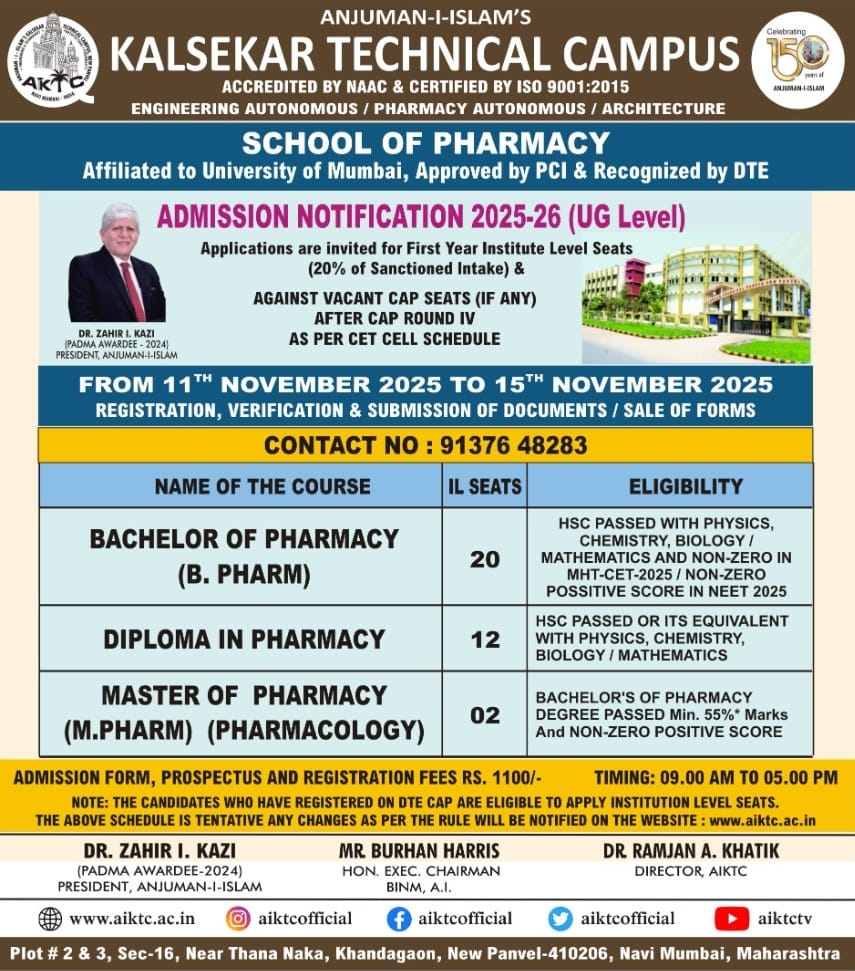An Autonomous Institute Affiliated to the University of Mumbai
AFFILIATED TO UNIVERSITY OF MUMBAI | APPROVED BY: ALL INDIA COUNCIL OF TECHNICAL EDUCATION, COUNCIL OF ARCHITECTURE AND PHARMACY COUNCIL OF INDIA | RECOGNISED BY DIRECTORATE OF TECHNICAL EDUCATION, GOVT OF MAHARASHTRA | ACCREDITED BY NAAC | ISO 9001:2015 & 14001:2015 CERTIFIED
VISION: To be the most sought after Technical Campus that others would wish to emulate. MISSION: Creating Exuberant Engineering Professionals.
- Home
- About Us
- Programs
- Admission
- Admission Guidelines
- Diploma
- Under Graduate
- Bachelor of Architecture
- Admission Notification (B.Arch)
- B.Tech in Civil Engineering & Technology
- B.Tech in Computer Engineering & Technology
- B.Tech in Computer Engineering & Technology (AIML)
- B.Tech in Computer Engineering & Technology (Data Science))
- B.Tech in Electrical and Computer Engineering & Technology
- B.Tech in Electronics and Computer Science
- B.Tech in Mechanical Engineering & Technology
- Bachelor of pharmacy
- Bachelor of Science (I.T.)
- Post Graduate
- Research
- Fees
- Services
- Students
- Centre
- Disclosure
- Placement
- Exam
- NAAC




